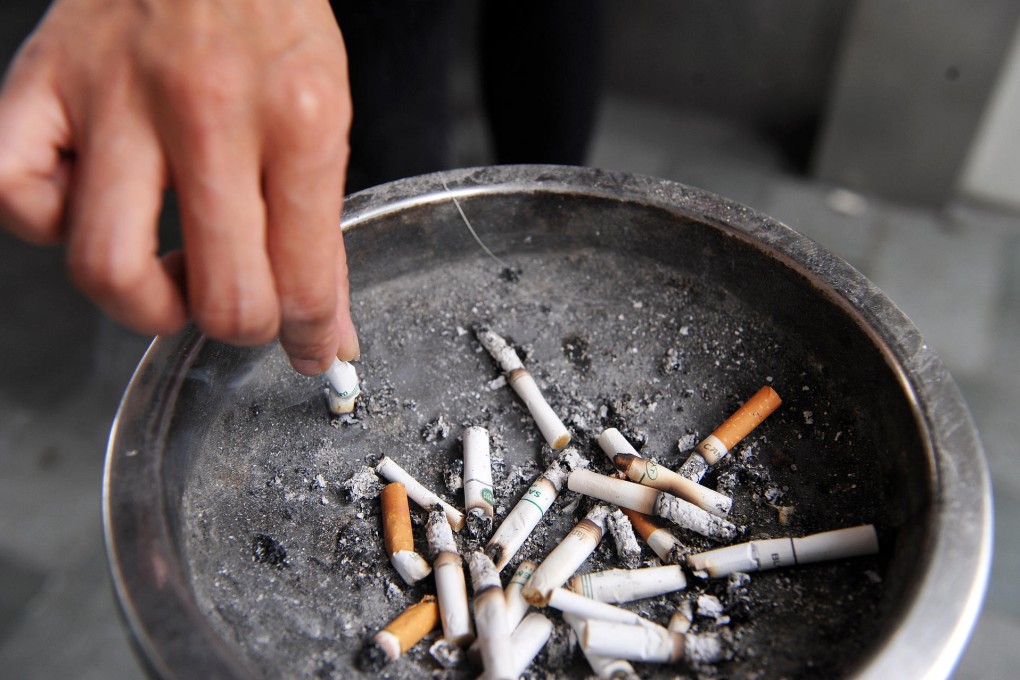Lai See | Tobacco-related illnesses cost Hong Kong HK$72 billion a year
Has health chief Ko Wing-man taken leave of his senses? His remarks on smoking and taxation are extraordinary for someone who is the Secretary for Food and Health.

Has health chief Ko Wing-man taken leave of his senses? His remarks on smoking and taxation are extraordinary for someone who is the Secretary for Food and Health.
The Council on Smoking and Health has suggested doubling the tax, which would push the cost of a pack of cigarettes to HK$93 from HK$53. But Ko, according to , said, "We will definitely adjust the tobacco tax at the proper time to control the percentage of smokers," adding "but each time we consider increasing the tax, we take into account the affordability for citizens, especially those at the grass-roots level."
As Clear the Air chairman Jim Middleton said, "The main idea of excise taxation in excess of inflation is to stop youth starting smoking, not whether grass roots can afford it, which encourages them to keep on smoking for heaven's sake."
High levels of taxation are recommended by the World Health Organisation as the most effective way of discouraging people from smoking. A study in 1998 concluded that a conservative estimate of the annual health-related cost of tobacco in Hong Kong in 1998 was US$688 million with a range of US$469 to US$916 million. This included US$459 million for health care costs (US$341 million for medical care and US$118 million for long-term care) and US$230 million for productivity losses.
About 23 per cent of the total costs and 28 per cent of the medical care costs were due to passive rather than active smoking. The proportion of the morbidity costs that fell on the public sector was 70 per cent for active smoking and 50 per cent for passive. In addition, there were 6,920 attributable deaths, of which 19 per cent were attributable to passive smoking.
"If we add the value of attributable lives lost but deduct productivity loss due to premature death to avoid double counting the value of a lost life, the annual cost would be US$9.4 billion," the report said.

